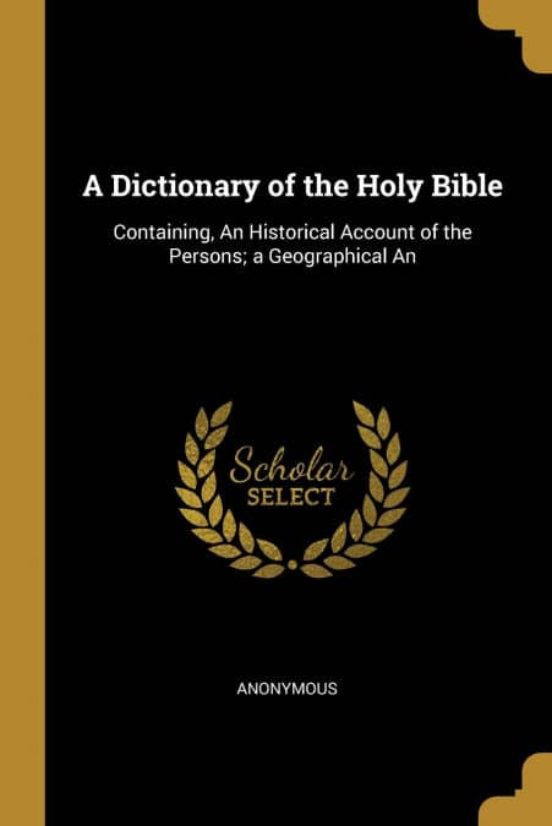
In fact, the entire book seemed to be filled with sensationalist violence, sex, and incest. Though the intermittent noir-ish first-person narrative made a lot of moral claims about peace and justice and acceptance, the actual actions depicted by the self-same 'protagonist' were often in complete contrast, such as when he killed all the people in the world except one family.

Normally, I'm not one to nit-pick about such things, since the exploration of ethicism is an important and interesting philosophical task but, again, this book went in so many different directions with it that it was difficult to keep up. There was also a problem with the moral and ethical position presented by the book. It seems that the authors of this book had a need for an epic beyond epics, and several bodycounts beyond the capability of a pre-modern war. It also fell into a similar trap to the somewhat similar 'Da Vinci Code', in that it utilized a lot of poorly-researched materials and claimed them as fact.Ī lot of the data matched up poorly with other historical accounts, especially when it came to numerical data.

I usually like historical fiction, but this particular example has been so mitigated by the poorly-hidden didactic tautology of its too-many-cooks legion of anonymous authors and editors that it was rather difficult to enjoy.


 0 kommentar(er)
0 kommentar(er)
